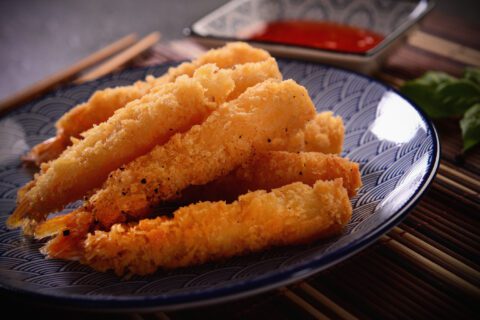Rice Flour Production Method
Rice flour is produced by milling broken rice grains into a fine powder. The process typically involves cleaning the rice to remove impurities, followed by grinding through either dry or wet milling techniques. Dry milling results in a light, soft flour ideal for bakery and snack applications, while wet milling may be used to achieve finer particle sizes for high-performance applications such as batter coatings or extruded products. The flour is then sifted and optionally heat-treated for microbial stability, depending on the intended end use.










